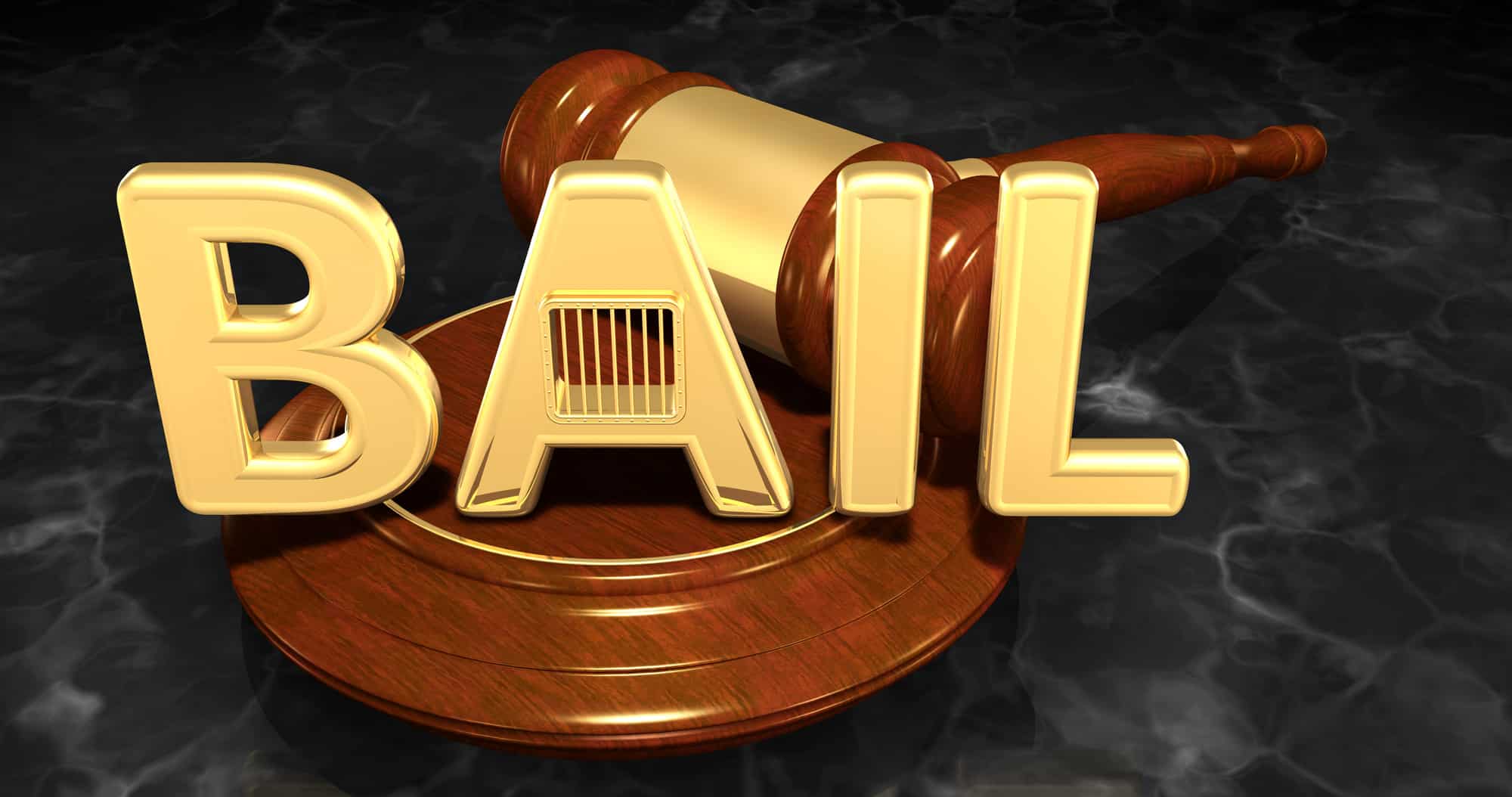
When someone is arrested, they are typically taken into police custody until their court date. In many cases, the individual can be released from custody by posting bail. However, if the bail amount is too high for the individual to pay out of pocket, they may turn to a bail bondsman for help. Navigating the world of bail bonds can be confusing and overwhelming, so it's important to understand how the process works and what you need to know.
What Are Bail Bonds?
A bail bond is a financial arrangement made by a bail bond agent on behalf of a defendant. The bail bond agent pledges to pay the full bail amount if the defendant fails to appear in court. In exchange for posting bail for the defendant, the Denver bail bonds agent charges a non-refundable fee, typically around 10% of the total bail amount.
Key Points to Know About Bail Bonds:
- Bail bonds are a way for individuals to secure their release from custody while awaiting trial.
- The bail bond agent charges a non-refundable fee for their services, typically around 10% of the total bail amount.
- If the defendant fails to appear in court, the bail bond agent is responsible for paying the full bail amount.
Types of Bail Bonds
There are several different types of bail bonds that may be available depending on the circumstances of the case. Some common types of bail bonds include:
1. Cash Bail Bonds
A cash bail bond requires the full bail amount to be paid in cash before the defendant can be released from custody. If the defendant appears in court as required, the cash bail amount will be returned at the conclusion of the case.
2. Surety Bail Bonds
A surety bail bond involves a bail bond agent working with a surety company to secure the defendant's release. The bail bond agent pays a percentage of the bail amount to the surety company as a guarantee that the defendant will appear in court.
3. Property Bail Bonds
With a property bail bond, the defendant or someone on their behalf uses property as collateral to secure their release from custody. If the defendant fails to appear in court, the property may be forfeited to cover the bail amount.
How to Obtain a Bail Bond
If you or a loved one needs to obtain a bail bond, the process typically involves the following steps:
1. Contact a Bail Bond Agent
Reach out to a reputable bail bond agent in your area to discuss your situation and the bail amount that has been set.
2. Provide Information
You will need to provide the bail bond agent with information about the defendant, including their full name, date of birth, the location where they are being held, and the charges they are facing.
3. Pay the Fee
Once you have provided the necessary information, you will need to pay the non-refundable fee to the bail bond agent. This fee is typically around 10% of the total bail amount.
4. Sign the Paperwork
Before the bail bond can be posted, you will need to sign paperwork agreeing to the terms and conditions of the bail bond agreement.
5. Await Release
Once the bail bond has been posted, the defendant will be released from custody. It's important to remind the defendant of their court date and ensure that they appear as required.
What Happens If the Defendant Fails to Appear in Court?
If the defendant fails to appear in court as required, the bail bond agent becomes responsible for paying the full bail amount to the court. In this situation, the bail bond agent may take steps to locate the defendant and bring them back into custody.
Consequences of Failing to Appear in Court:
- The defendant may face additional criminal charges for failing to appear in court.
- The bail bond agent may hire a bounty hunter to locate and apprehend the defendant.
- The defendant may forfeit any collateral that was used to secure the bail bond.
Conclusion
Navigating the world of bail bonds can be complex, but understanding the process and key information can help you make informed decisions if you or a loved one needs to secure a bail bond. By working with a reputable bail bond agent and ensuring that the defendant complies with all court requirements, you can navigate the bail bond process successfully.